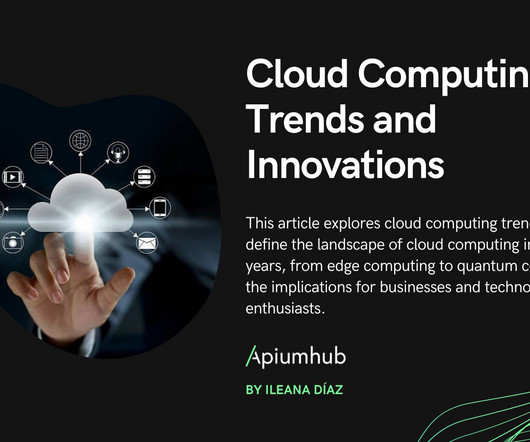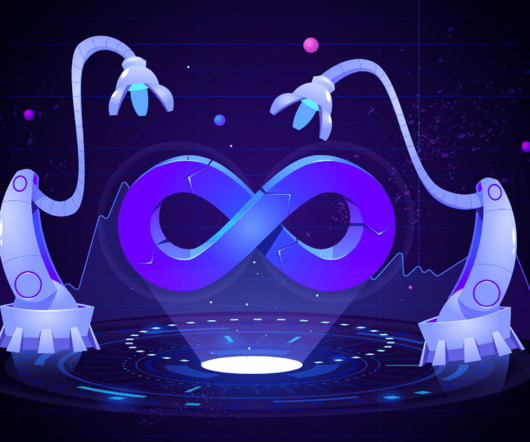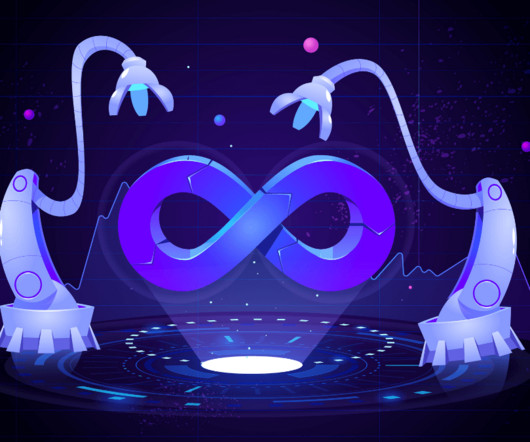Cloud Computing Trends and Innovations
Apiumhub
MARCH 12, 2024
This paradigm shift significantly reduces latency, making real-time processing feasible for applications such as the Internet of Things (IoT), autonomous vehicles, and augmented reality. Implementation: Incorporating security scans into Jenkins pipelines to identify vulnerabilities and compliance issues early in the development process.















Let's personalize your content